The opinions expressed in this article are those of the author and do not represent in any way the editorial position of Euronews.
Moldovan citizens will vote this year in parliamentary elections. There is a risk that their vote will derail Chisinau's European course. Only time will tell how Europe will react, Vitalie Cojocari writes.
What is Transnistria, the pro-Russian separatist region of Moldova, relying on? Not Russia's military, as some might think.
Russia has at most 2,000 troops on the east bank of Moldova’s Dniester River. These forces have been there for a long time — at least three decades.
In addition, there are almost 6,000 soldiers in the local army, made up of young people born in the region, according to estimates by the Moldovan government.
Therefore, the forces supporting Transnistrian separatism are a pale shadow of what the 14th Army once was. The military force that kept the Republic of Moldova in check during the years of the war on the Dniester left behind a lot of outdated weaponry and low morale.
So, what keeps the Transnistrian region alive? It is based on three main pillars.
Russian propaganda, money ... and gas.
The third and most important pillar collapsed this month. The end of a pre-invasion five-year deal between Ukraine and Russia cut the Kremlin's gas from flowing into Europe through Ukrainian territory, while Moscow refuses to send gas to the breakaway region.
This situation has analysts in Chisinau asking: "When will the other two pillars fall?". Not "if", but "when"?
And when might the Tiraspol regime collapse? Months, weeks? Nobody knows.
The Kremlin's propaganda does not keep people warm, and ruble transfers only top up the accounts of pensioners and civil servants. What are the others going to do without jobs, without heat, without light? Especially if they have children who are suffering.
If the situation drags on, discontent could grow among the population and even among civil servants — challenging the authoritarian regime in Tiraspol.
The deteriorating living conditions could easily drive people to migrate. While hardly a war zone, the separatist region is facing a major humanitarian crisis.
With their so-called authorities completely stuck in the past and a demoralised army to boot, someone has to step in to fill the power vacuum in order to provide solutions.
Reliance on Russian gas
What happens next will depend on the gas situation is addressed. But why is Russia's gas so essential in the region?
To put it simply, the entire local economy relies on it. Shops, factories, plants, businesses, electricity, and heating homes .... Almost everything runs on the Russian gas for which Transnistria hasn't paid a cent in 20 years.
The region owes Gazprom $11 billion (€10.7 billion). But Moscow has never claimed this money.
Instead, it wants Chisinau's alleged unpaid debt: $700 million (€681 million).
Why "alleged"? Because an international financial audit has shown it to be a fabrication.
Yet Moscow does not believe in international audits and refuses to listen to Chisinau's objections. It is refusing to send gas to Transnistria unless Moldova pays its alleged debt.
Technically, the gas could reach Tiraspol via the Trans-Balkan pipeline.
Even Vitalii Ignatiev, the so-called foreign minister in Tiraspol, said so on the Russian state television channel Rossiya-1. He was asked why the Balkan route was not used.
"Last year we got gas, technically it is possible," he said. "But there are some legal, administrative problems. These problems are to be solved with the involvement of Moldova. Moldova, as we know from Gazprom, has a certain debt."
Curiously, even Ignatiev does not seem interested in a route that works, that has already been tested. He only wants gas that is piped through Ukraine.
"Chisinau refused to jointly ask Kyiv to continue gas deliveries through Ukraine," he said.
While Russia can send gas to the separatist region, as it has done before, it does not want to.
Instead, Russian state television extensively reports on "how Transnistrians are freezing".
The cold temperatures blighting Tiraspol's residents are presented along with information about how the EU has less and less gas because of Ukraine.
Eyes on the EU
The Russians have always said that "Transnistrians are like relatives to them". So why do they keep them in the dark and cold?
But above all, will Westerners be frightened by the suffering of "Transnistrians"? Will European leaders pressure Kyiv to open the gas pipeline? That remains to be seen.
Just as it remains to be seen how much the EU is willing to help Moldova.
Undeniably, the electricity bills have risen since Ukraine stopped its contract with Gazprom on 1 January.
Undeniably, Russian propaganda is quite strong in Moldova. It tells Moldovans every day who is to blame for the fact that they pay too much for gas and electricity. It tells them about Chisinau, about Kyiv, about Washington. Only Moscow is portrayed as innocent.
Moldovan citizens will vote this year in parliamentary elections. There is a risk that their vote will derail Chisinau's European course.
Only time will tell how Europe will react.
We will also see how long the Russians are willing to keep the Transnistria in the dark and cold.
We will also see how long the regime in Tiraspol will last.
Vitalie Cojocari is a journalist for Euronews Romania.

 3 hours ago
1
3 hours ago
1
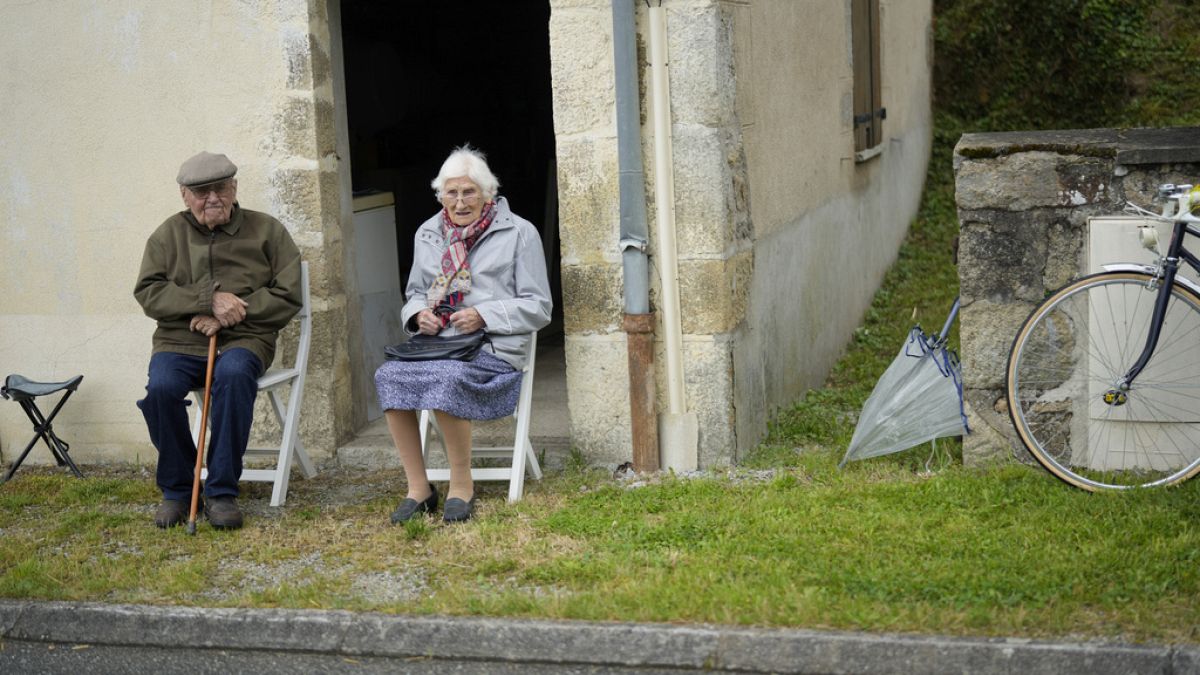
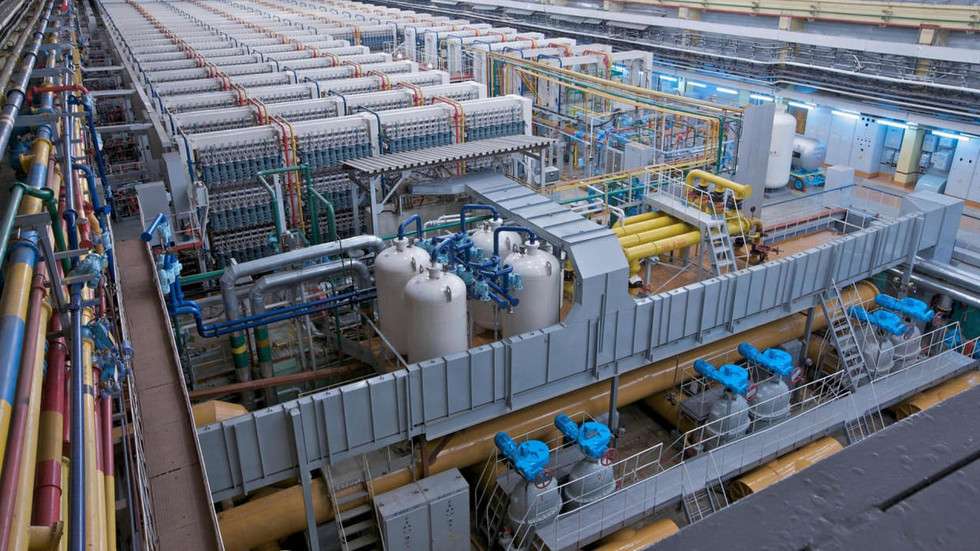
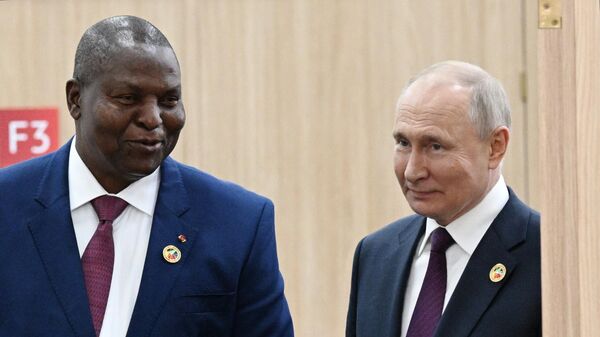

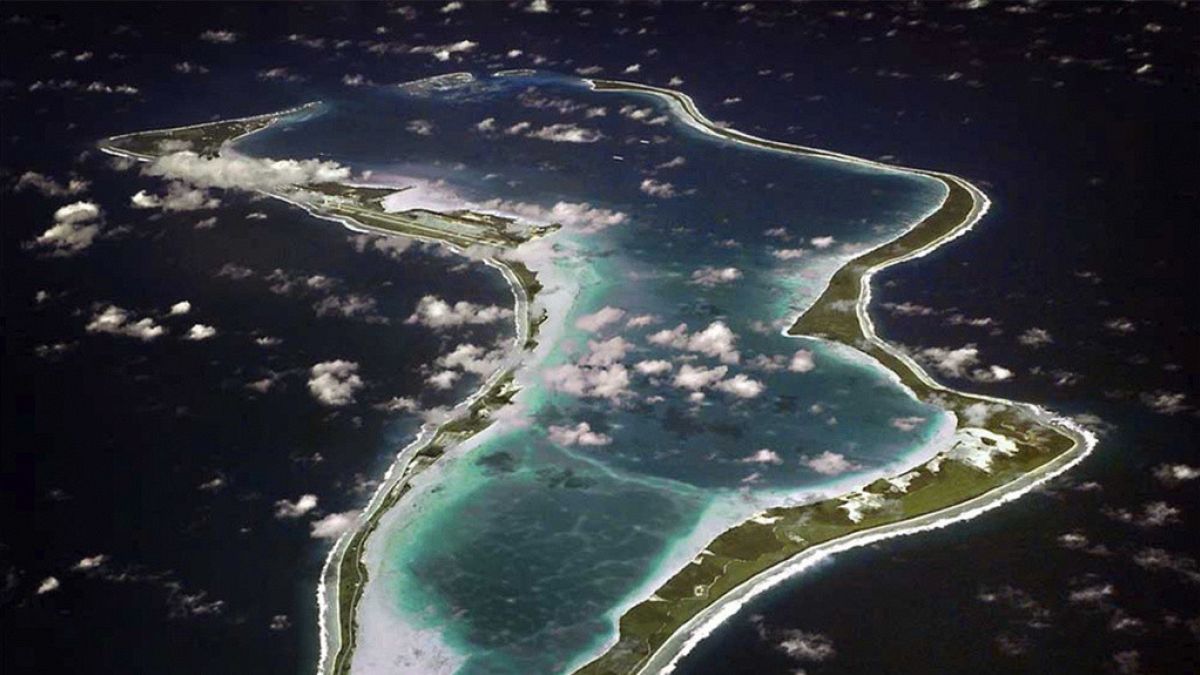
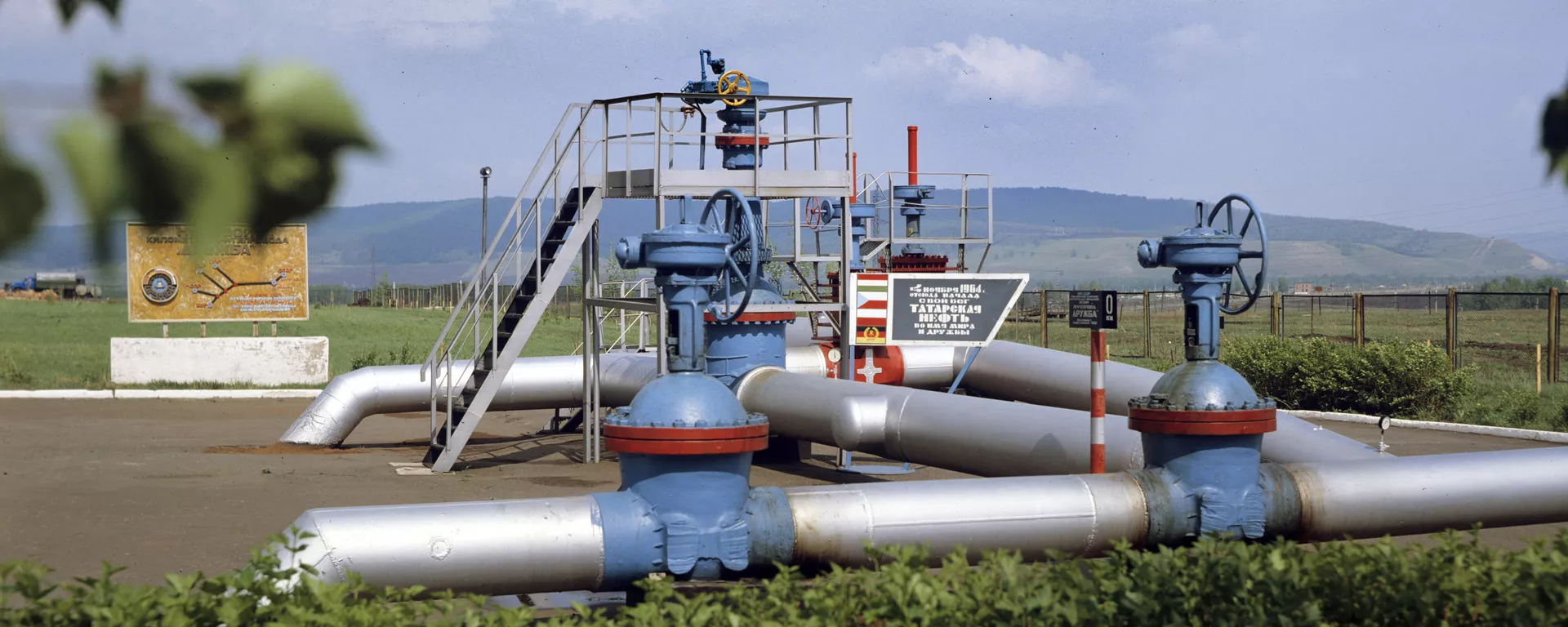
 We deliver critical software at unparalleled value and speed to help your business thrive
We deliver critical software at unparalleled value and speed to help your business thrive






 English (US) ·
English (US) ·